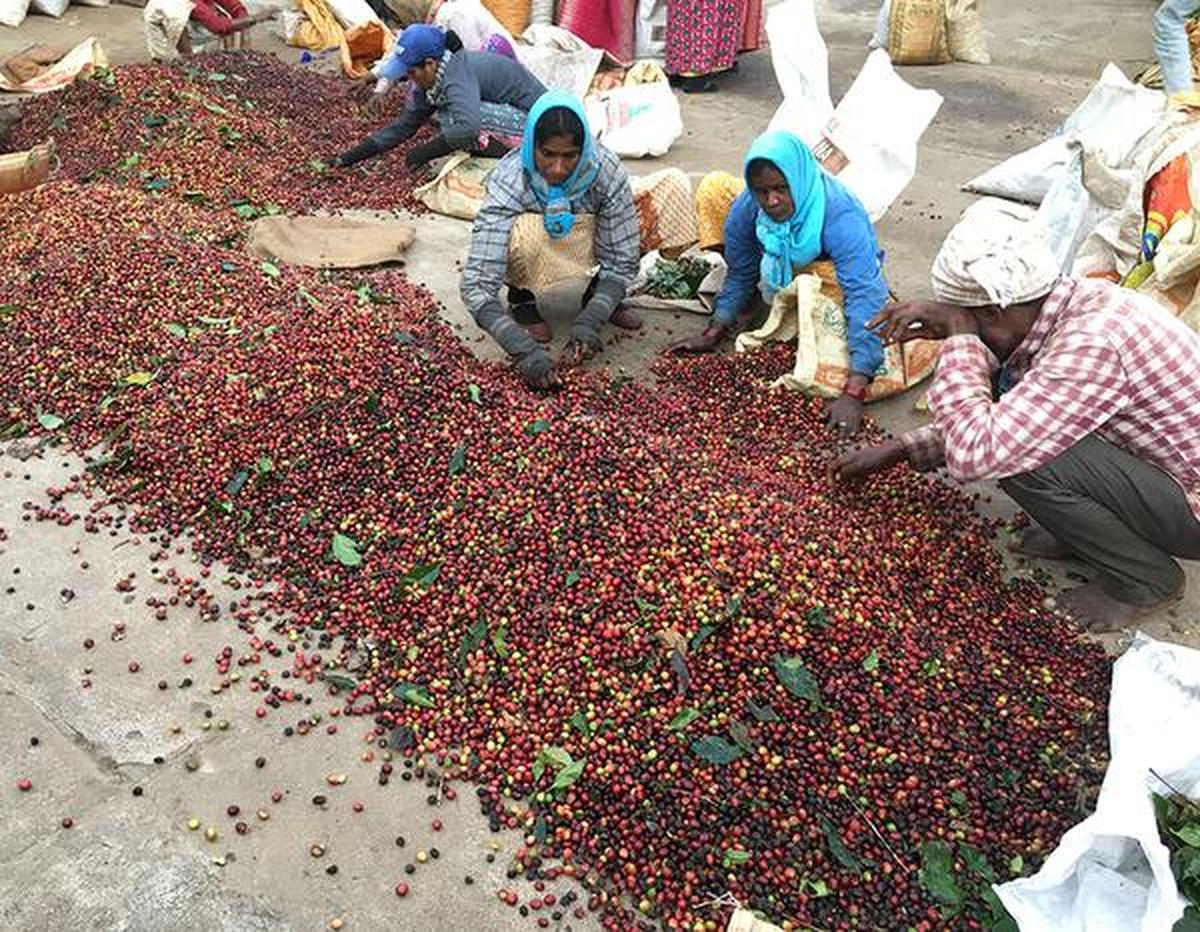Indian coffee exporters are witnessing an increase in demand from European buyers who are seen building inventory ahead of the deadline for compliance to the proposed European Union Deforestation Regulation (EUDR) norms.
The EUDR is aimed at minimising the importation of products linked to deforestation and requires strict due diligence and traceability measures for commodities such as coffee and is likely to have an impact on the Indian exports.
The EUDR norms, which applies to a wide range of products, including cattle, cocoa, coffee, oil palm, rubber, soya and wood, requires businesses to comply with its requirements by December 30 this year.
‘Front-loading of coffee’
“With the EUDR coming up there’s lot of front-loading of coffees as European customers are buying ahead of the deadline.
“We are seeing a build-up of inventories in Europe. Already, a lot of shipments are taking place,” said Ramesh Rajah, President of the Coffee Exporters Association.
Roasters bet on safety
Reflecting the trend, India’s coffee shipments for the January 1-June 21 period this year were up 16% at more than 2.37 lakh tonne against 2.04 lakh tonne in the same period a year earlier.
This also includes the re-exports, which have grown by 18.3% to 53,497 tonne during the period against more than 45,213 tonne a year earlier.
Shipments of the India- grown coffees have seen an increase of 15% during the period at more than 1.83 lakh tonne against 1.59 lakh tonnes a year earlier
“Most of our clients who preferred to buy just-in-time, now feel that it’s safe to have inventory. Over the past 20 years, the mantra was just-in-time and supply-chain management. Now, because of the EUDR regulations, the thinking is that they should hold more inventory. Roasters feel that it is safe to have coffee in store and warehouses. Also, lot of our customers are asking us to ship early,” Mr. Rajah said.
“All exporters are seeing front-loading with the European customers and obviously the reason is EUDR,” he said.
Challenges continue
For the Indian coffee exporters, the peak season ranges between February and May. This year, the peak season has extended to June, Mr. Rajah added. Normally, the shipments turn slack during June-August period due to the arrival of monsoon.
Europe in focus
India, the seventh largest producer of coffees, is the fifth largest exporter of the commodity after Brazil, Vietnam, Colombia and Indonesia. More than two-thirds of India-grown coffees are exported. About 60% of the Indian coffee exports are destined to Europe with Italy, Germany and Belgium being the major buyers of the commodity.
Mr. Rajah said while the shipments are up, exporters continue to face challenges on the logistics front relating to the availability of containers and increase in freight rates in the aftermath of developments in the Red Sea region.
“Post Red Sea attacks, there are not enough food grade containers available and also the sailings are less,” he added.
(The writer is with The Hindu businessline)
month
Please support quality journalism.
Please support quality journalism.

